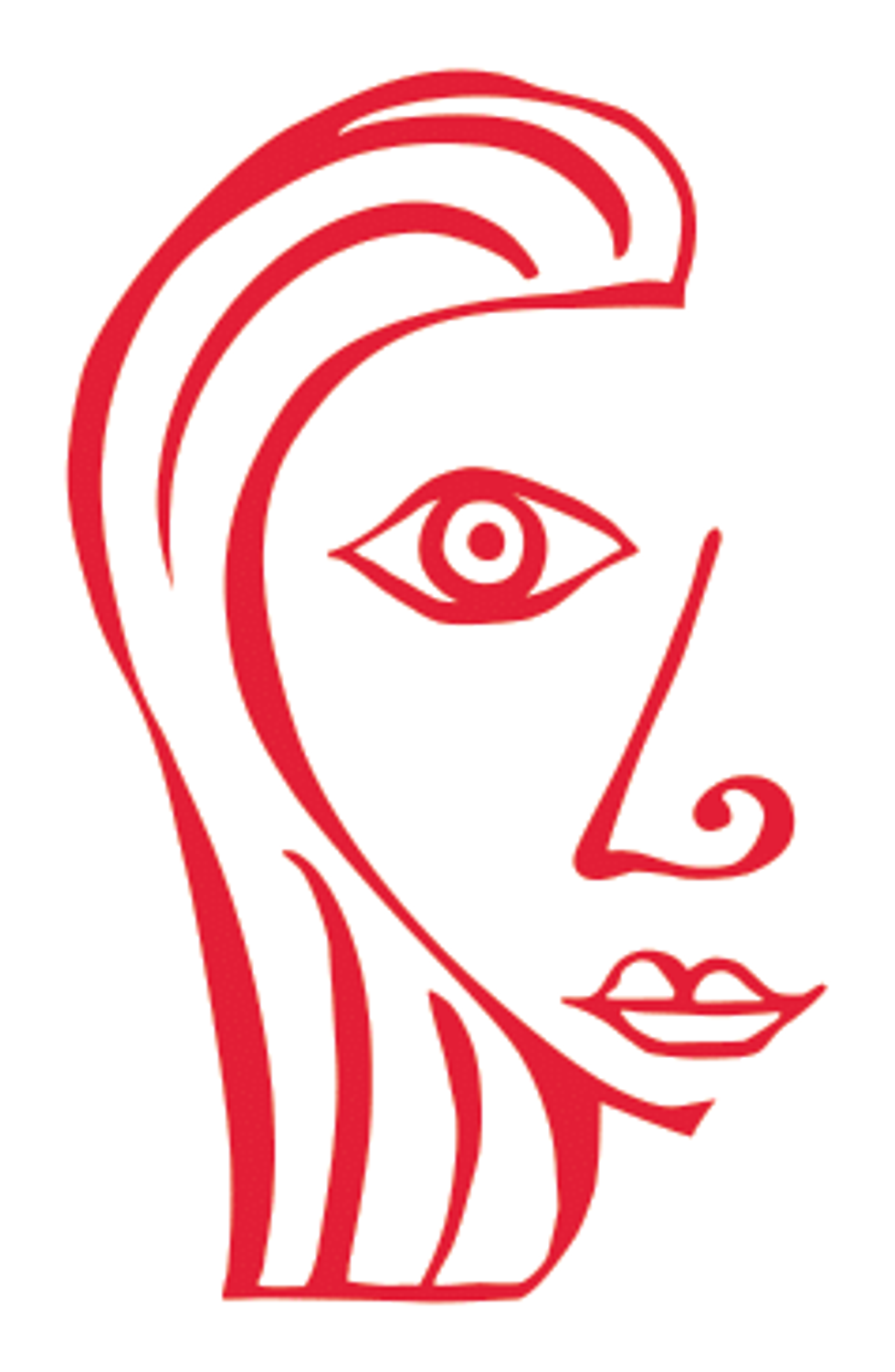Red hates technology. That's an understatement. So, she's been "clinging" to her old computer which, since it was purchased in 2012, makes it a dinosaur in computer years. But with increasing "issues" with Outlook, especially as email's the "life blood" of Red & Black, and a few scares … it was finally time for Red to once again take her ostrich head out of the sand and admit that she needed a new computer.
Luckily, many years ago, we were introduced to an amazing IT and computer expert, Shawn, who we've turned to for all things computer related. (This is one of those areas where Red has convinced herself she doesn't have the ability to understand when, in reality, she just prefers other people handle it for her.) Anyway, when Shawn started speaking in a foreign language about CPU's, RAM, OS drives, and a bunch more gobbledygook, Red knew this was far beyond her "pay grade" and was happy to turn over the conversation to Black. And while Black wasn't happy to have this new task added to her "to do" list, even she had to admit that it was easier than trying to explain to Red what it all meant. Especially as it would be years before Red would need to buy another computer, and she'd have forgotten everything by then anyway.
There was no way for Black to know that the bigger conversation was going to be about the price tag. Red went into shock when she saw the Dell shopping cart and although Black explained it was an essential business expense so not to worry about it, Red was still doing her quiet "freak out" about the cost. Especially as for her a computer's just a way to do emails, Word documents, and the occasional spreadsheet. She didn't need the latest and greatest – just the basics.
Once Black could get Red to calm down, she explained things in a way that even Red had to admit made sense. (And, by the way, was once how she answered a question about her expensive red-soled shoes to an auditorium full of high school seniors, but that's another story for another day …)
I know that you think the computer is too expensive for your basic needs, even though you use it for business and personal purposes, but that is because you are looking at the total cost. But I look at it on a cost/hour basis. I am going to use round numbers to simplify the explanation, and use a total cost of $1,000. If you use it 50 weeks/year x 40 hours/week that = 2,000 hours. Over 5 years that = 10,000 hours. Pull out your calculator and you will see that if you spend $1,000 for a computer that you use for a minimum of 10,000 hours it works out to 10 cents an hour!
They may not be the most meaningful holidays, but they may be some of the most fun, so we’re rerunning this post. Of course, Red thinks popcorn is nothing to be taken lightly, since it gives her such happiness. But even Black has favorites (scroll to the bottom). What would be yours?
| It’s January, and everyone’s probably tired of reading about New Year’s resolutions. |
| Not me. Since I never make them, I never feel the need to read about them. |
| Of course, you don’t. So, what should we write about? |
| How about that we celebrate some of our favorite things in January? |
So many “National Days” in January are fun (we’ve written about them over the years) and remind us of some of our favorite things. (Can you pick which are Red’s favorite holidays and which are Black’s?) And whether or not you make resolutions, it’s always important to have a sense of humor and enjoy the simpler things in life …
- NATIONAL CLEAN YOUR DESK DAY: Resolutions Aside … A Clean Desk? Is That Even Possible???
- NATIONAL BAGEL DAY: Not A Trick Question ... Who Doesn’t Love Bagels?
- NATIONAL POPCORN DAY: Do People Really “Celebrate” Popcorn? Red Does!
- NATIONAL HUGGING DAY: Think Before … Hugging?!
- NATIONAL BACKWARD DAY: Celebrating Having Fun … And Success … By Being Backward?
Answer: Red’s favorites are Bagels, Popcorn, and Hugging. Black’s are Clean Desk, Bagels, and Backward.
The more things change — the more they stay the same. Red will be seeing in the new year with an old movie (and some late-night popcorn), while Black will be fast asleep (or possibly working) as 2025 turns to 2026. So, we smiled when we re-read our New Year’s Eve post from 2022 (see below) …
The memories remain. The only difference? This year, when we wish you Happy New Year, we’ve updated it to … and may 2026 be filled with health and happiness, love and laughter.
| I remember when I was growing up and old enough to stay home alone (long before the movie “Home Alone”) on New Year’s Eve. Our parents may have gone out to celebrate, but I had the perfect evening. Before they left, they’d get me my favorite takeout Chinese food (again, long before the days of food delivery services), and I’d savor the egg drop soup with wontons and a large container of pork fried rice, knowing that I didn’t have to share with anyone. Then, I’d settle in for a night of old movies on TV, only taking a short break to watch the ballcome down in Times Square, before going back to watching movies for hours. (Long after my parents had come home and gone to sleep.) Fast forward more decades than I care to admit, and my favorite way to celebrate New Year’s Eve is pretty much the same. Except now, what would be even more perfect would be to have my daughters home with me. |
| I started to say that Red has always needed to get a life, but the reality is that I understand why she likes a quiet New Year’s Eve and has created her own “special” tradition. Over the years, I would celebrate New Year’s Eve by going out to a “special” dinner with my spouse or significant other (if applicable) and dear friends. The funny thing is the older we get, the earlier we return home. We tell ourselves it is because we do not want to be on the roads with the drunks, but that does not explain why we all admit we usually are asleep well before midnight. |
Whether celebrating by yourself or with others … whether you find yourself feeling extra warm and fuzzy and reminiscing at midnight, like Red, or being pragmatically optimistic, like Black, who will raise a glass and toast her friends as well as the promise and hope that the new year offers us all … we want to wish you,
Happy New Year! And may 2023 be filled with health and happiness, love and laughter.
 red headassets.rebelmouse.io
red headassets.rebelmouse.io Blackassets.rebelmouse.io
Blackassets.rebelmouse.io Redassets.rebelmouse.io
Redassets.rebelmouse.io Blackassets.rebelmouse.io
Blackassets.rebelmouse.io